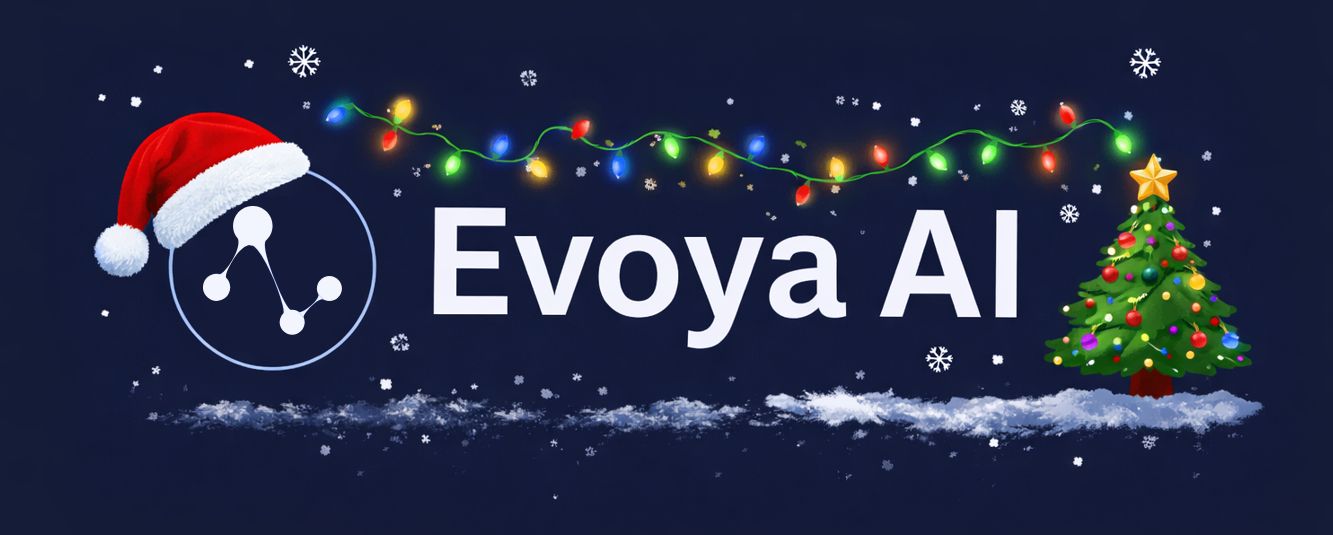LangChain: Flexible Development of Modern AI Applications
Explore LangChain: The innovative framework for LLM applications. Discover its origins, benefits, and use cases.
LangChain: Flexible Development of Modern AI Applications
Large Language Models (LLMs) are revolutionizing the way we interact with technology. They play a crucial role in various application areas such as chatbots, data analysis, and more. An advanced framework that simplifies the development of such applications is LangChain.
What is LangChain?
LangChain is a comprehensive framework for developing applications that utilize large language models (LLMs). It was designed to reduce the complexity of working with LLMs and offers a variety of tools and components that support the entire lifecycle of LLM applications. The goal is to provide developers with a powerful and flexible platform that facilitates the development, implementation, and maintenance of LLM applications.
Needs and Challenges that LangChain Addresses
Complex Prompting: LangChain enables the creation of detailed and specific prompts to control the behavior of language models. An example of this is automated customer service chatbots that generate specific responses to customer inquiries.
Data Integration: LangChain combines data from various sources for a unified view. An example is the integration of CRM data and social media feeds to create comprehensive customer profiles.
Memory Management: LangChain manages the state and context of conversations over time. This is particularly useful for virtual assistants that require long-term conversation history.
Modularity: LangChain enables easy integration of LLMs and external services through a modular architecture. An example is the exchange of LLMs without changes to the underlying code.
Example of a LangChain Agent:
from dotenv import load_dotenv
from langchain import hub
from langchain.agents import AgentExecutor, create_openai_functions_agent, load_tools
from langchain.tools.tavily_search import TavilySearchResults
from langchain.utilities.tavily_search import TavilySearchAPIWrapper
from langchain_openai import ChatOpenAI
load_dotenv()
def get_function_tools():
search = TavilySearchAPIWrapper()
tavily_tool = TavilySearchResults(api_wrapper=search)
tools = [tavily_tool]
tools.extend(load_tools(['wikipedia']))
return tools
def init_action():
llm = ChatOpenAI(model="gpt-4", temperature=0.1)
prompt = hub.pull("hwchase17/openai-functions-agent")
tools = get_function_tools()
agent = create_openai_functions_agent(llm, tools, prompt)
agent_executor = AgentExecutor(agent=agent, tools=tools, verbose=True)
agent_executor.invoke({"input": "Who is the owner of Tesla company? Let me know details about the owner."})
init_action()In this code snippet:
- The
load_dotenv()function loads environment variables from a .env file. - The
get_function_tools()function creates tools for the LangChain agent, including a Tavily search tool and a Wikipedia tool. - The
init_action()function initializes the LangChain agent with an OpenAI model, tools, and a prompt. - The
AgentExecutorclass is used to execute the agent and pass an input query to it. - The agent is called with an input query asking about the owner of Tesla.
Further details and explanations can be found in the complete LangChain agent tutorial and documentation:
Foundation and Development of LangChain
LangChain was co-founded in late 2022 by Harrison Chase. Harrison Chase, a Harvard graduate, recognized the challenges and potential in developing applications that utilize large language models (LLMs). With his expertise and vision, he founded LangChain to reduce the complexity of working with LLMs and provide developers with a powerful platform.
Since its founding, LangChain has achieved several important milestones. The company has continuously introduced new features and improvements to meet the needs of the developer community. Some of the notable milestones include:
- Late 2022: Founding of LangChain by Harrison Chase.
- 2023: Release of the first stable version of LangChain, offering a wide range of tools and components to support LLM development.
- May 2024: Release of LangChain v0.2, providing enhanced features for data integration and memory management while improving stability and security.
LangChain has received significant financial support to advance its development and expansion. The company has received a total of $35 million in funding, including:
- April 2023: A seed round of $10 million, led by Benchmark.
- February 2024: A Series A round of $25 million, led by Sequoia Capital.
This funding has enabled LangChain to further develop its technology, integrate new features, and expand its reach. The investments reflect investor confidence in LangChain's vision and potential.
LangChain is today an active and dynamic project with a growing community of developers and supporters. The community plays a crucial role in the continued development and improvement of the framework.
With continuous improvements and a strong community, the framework is well positioned to continue asserting its leading role as the most widely used framework for developing generative AI applications. Support from significant investors and growing acceptance in the developer community underscore LangChain's potential to sustainably change the way we work with large language models.
Advantages of LangChain over Other Solutions
Abstraction of Complexity: LangChain reduces the complexity of integrating LLMs and external services.
Modularity and Flexibility: LangChain enables easy customization and integration of specific modules.
Memory Management: LangChain supports the management of conversation memory and complex workflows.
Flexibility: LangChain provides a unified interface for accessing various LLM providers.
Why LangChain Instead of Direct OpenAI?
Flexibility and Avoiding Vendor Lock-in: LangChain enables the connection of various LLMs, including open-source models like Llama 3. This prevents vendor lock-in and offers more control over privacy and data management.
Privacy and Control: Through the ability to run open-source models locally, LangChain offers significant advantages in terms of privacy and data control.
Support for Various LLMs: LangChain provides flexibility in choosing the best models for specific requirements.
The 10 Most Important LangChain Integrations
- OpenAI: Integration of OpenAI models like GPT-3 and GPT-4.
- Hugging Face: Support for models from the Hugging Face library.
- Google Cloud: Integration of Google Cloud services.
- AWS: Support for Amazon Web Services.
- Azure: Integration of Microsoft Azure services.
- Llama 3: Support for the open-source model Llama 3.
- Wikipedia: Integration of Wikipedia tools for enhanced search functionality.
- Tavily Search: Use of Tavily search tools.
- CRM Systems: Integration of CRM data for comprehensive customer profiles.
- Social Media Feeds: Combination of data from various social media platforms.
Application Examples and Use Cases
Summarization: Automated summaries of texts, calls, articles, books, academic papers, legal documents, user histories, tables, or financial documents. Example: Automated summaries of customer calls for customer service.
Chatbots: Development of intelligent chatbots for various industries. Example: An e-commerce chatbot that helps customers with product selection.
Data Extraction: Extraction of relevant information from unstructured data. Example: Extraction of key information from legal documents.
Query Analysis: Analysis and answering of complex queries. Example: Answering customer inquiries in natural language.
Tool Use and Agents: Use of tools and autonomous agents for task automation. Example: An agent that automatically schedules appointments based on email conversations.





